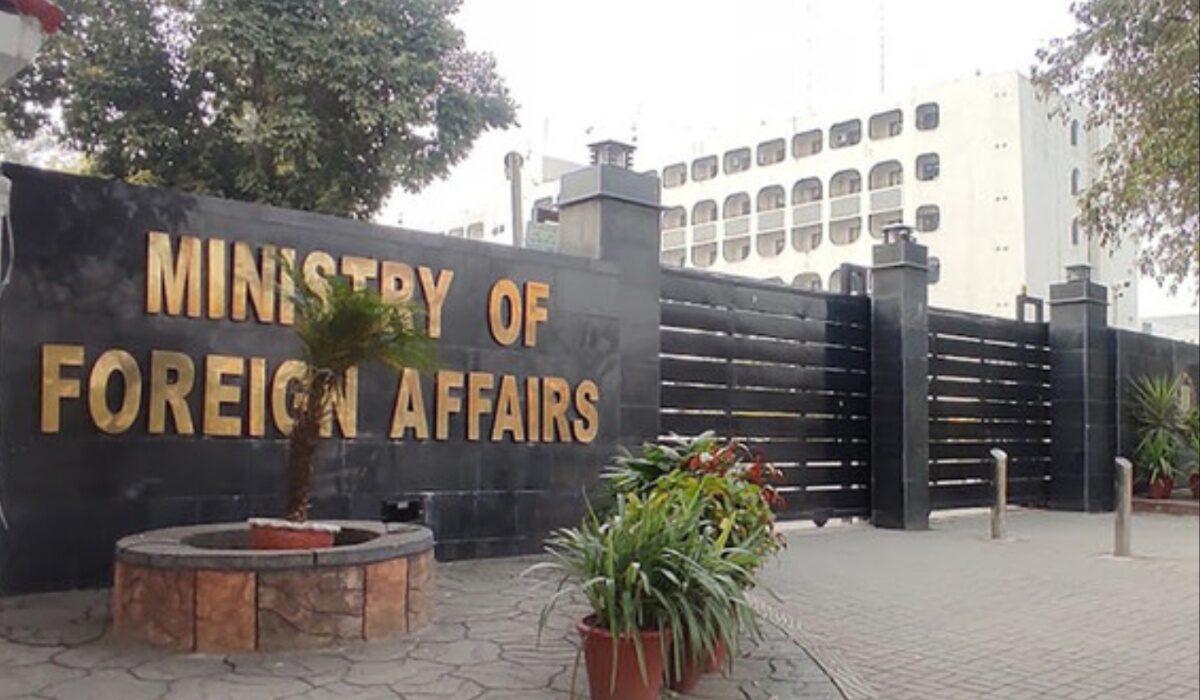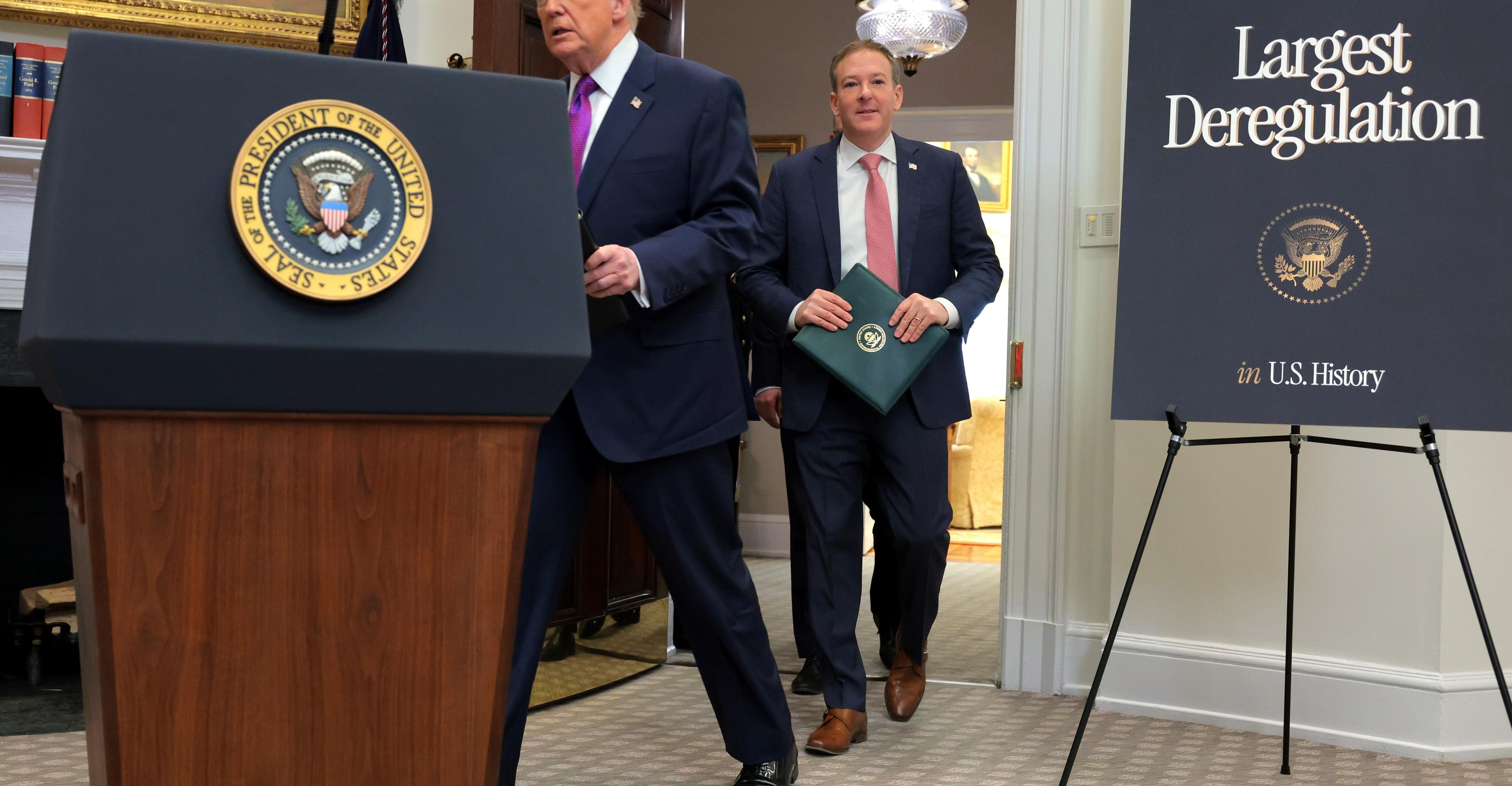The PTI leaders who are currently united under the Sunni Ittehad Council (SIC) after being elected as independents in the February 8 election, demands discussion on ‘Azm-e-Istehkam Operation’ in the parliament

Islamabad: Defence Minister Khawaja Asif sharply criticized the PTI on Sunday, accusing them of maintaining their stance from May 9 as opposition members interrupted his speech in the National Assembly with slogans.
He claimed the opposition was not aligned with the interests of the people or the country, but was focused on protecting their personal interests.
This accusation came amid chants against the proposed Operation Azm-i-Istehkam, aimed at eradicating terrorism from former Federally Administered Tribal Areas (FATA) and other parts of Pakistan.
PTI leaders who are there in the house under SIC demanded debate on ‘Azm-e-Istehkam Operation’ in the parliament.
Asif stated that the PTI members, currently united under the Sunni Ittehad Council (SIC) after being elected as independents in the February 8 elections, embodied the May 9 episode and would continue to do so.
He highlighted that the treasury benches intended to introduce a resolution in support of minorities who are not safe in Pakistan, but the opposition was preventing him from discussing this serious issue.
Referring to the violence in Swat and Faisalabad, Asif pointed out that even smaller Muslim sects were not safe despite Islam's prohibition of murder in the name of religion. He emphasized that the constitution guarantees the rights of minorities and that the state is responsible for their protection, questioning why the opposition sought to silence him through their protests.
During his speech, Asif mentioned that the decisions made by the Apex Committee regarding the planned Operation Azm-i-Istehkam would be presented to the federal cabinet and the parliament. He invited the opposition to share their reservations during the debate, noting that their leader, PTI founder Imran Khan, often changed his stance, and they were merely following his example.
Criticizing PTI's politics, Asif accused them of power theft and protesting when electricity supply was cut off, referencing the trend in Khyber Pakhtunkhwa where Chief Minister Ali Amin Gandapur has defended the practice and encouraged people to take the law into their own hands.
Following Asif's speech, Deputy Speaker Ghulam Mustafa Shah announced a one-hour break, after which SIC members left the House, expressing their opposition to any military operation. PTI Chairman Barrister Gohar told reporters that no operation should proceed without parliamentary approval, arguing that the absence of opposition signifies dictatorship, not democracy.
Former Speaker Asad Qaiser reiterated their stance against military operations, stating that the parliament was being bypassed. He argued that previous military actions had not been successful and described the current approach as having a "martial law mentality."
Leader of Opposition Omar Ayub also spoke against the operation, criticizing the budget as "economic terrorism" and arguing against involvement in what he called "someone else's war."
When the House resumed, Law Minister Azam Nazeer Tarar faced interruptions during his speech, questioning the opposition's objections. He emphasized that the protection of minorities was a national issue and that attacks on minorities should be taken seriously by the courts. He stressed the need for justice and noted that the resolution highlighted the responsibility of both federal and provincial governments in protecting minorities, dismissing the opposition's actions as a political stunt.
Tarar also mentioned that their prime minister, Shehbaz Sharif, would attend the in-camera briefing, unlike PTI's Imran Khan, who had previously backed out of attending such sessions.
Barrister Gohar, given the opportunity to speak, reiterated that the military leadership had provided in-camera briefings on the proposed operation in the past and that the government should have consulted the House before making any decisions. He emphasized the importance of parliamentary supremacy, stating that their point of order concerned not only the Pakhtuns but all of Pakistan.

Gold prices continue to surge in Pakistan, global markets
- 12 hours ago
NORAD detects Russian planes off of Alaska, sends aircraft in response
- 13 hours ago

The world’s rainforests are vanishing. In this one country, they’re growing back.
- 20 hours ago
PMD predicts dry weather in most parts of country
- 8 hours ago

Scientists have found another alarming pattern in wildfires
- 20 hours ago

The Brazilian playbook for defending democracy
- 20 hours ago

Strong earthquake rattles eastern Afghanistan
- 6 hours ago

America After Trump
- 20 hours ago

Google announces dates for I/O 2026
- 13 hours ago
Pakistan, US agree to enhance bilateral trade, economic ties, counterterrorism cooperation
- 11 hours ago
PM Shehbaz calls for independent, sovereign state of Palestine
- 12 hours ago

Magnitude 5.6 quake jolts parts of KP
- 8 hours ago









